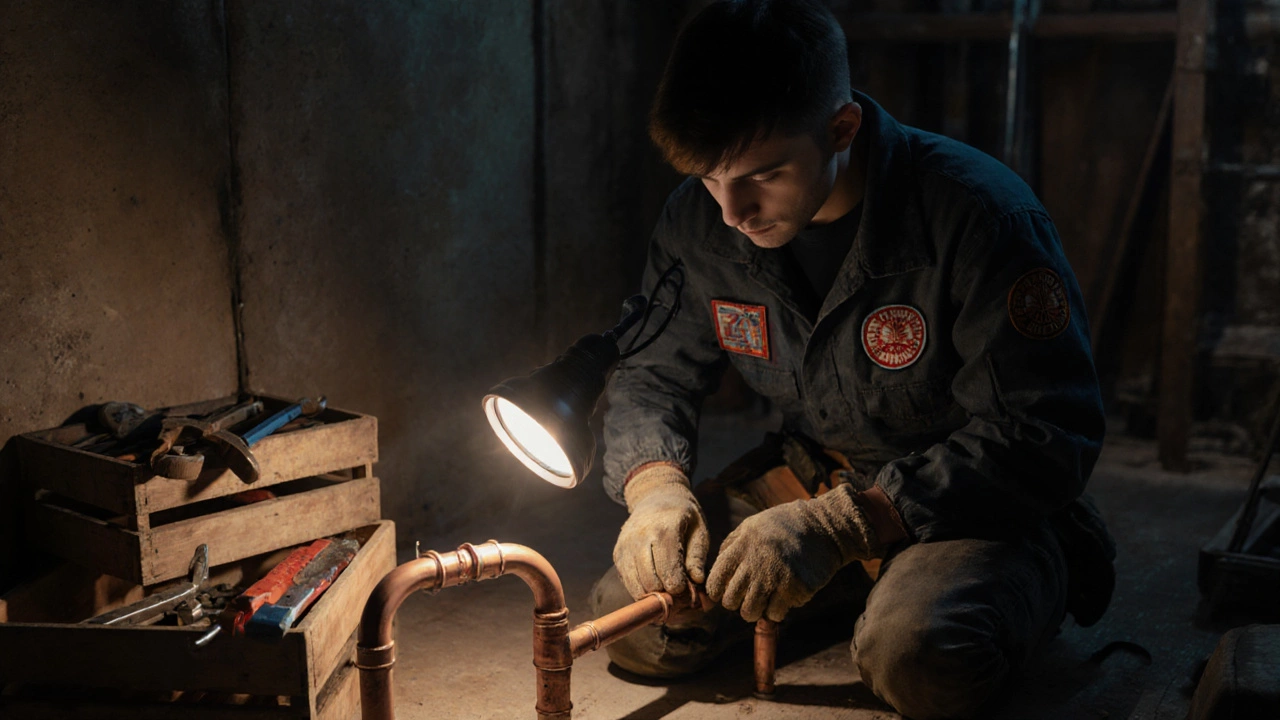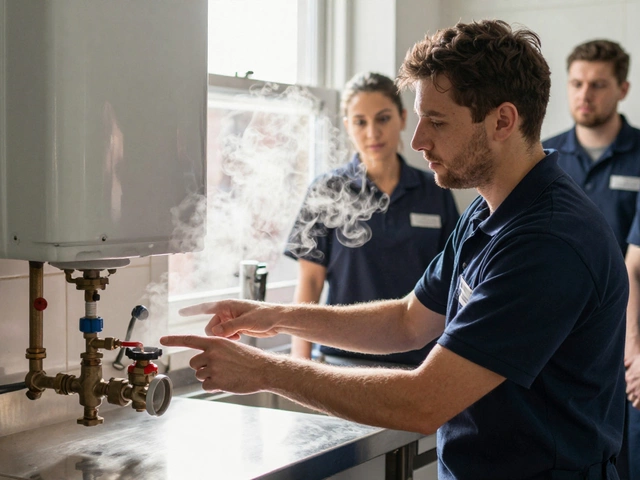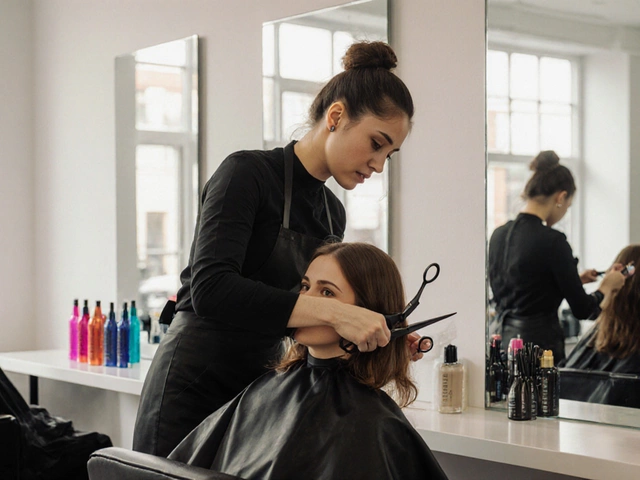Plumber Training: How to Start a Career in Plumbing in the UK
When you think about plumber training, a hands-on path to earning a stable, in-demand trade job in the UK. Also known as trade apprenticeship, it's not about textbooks—it's about learning how to fix leaks, install pipes, and keep homes running with your hands. Unlike degrees that sit on a shelf, plumbing skills pay off every day you show up to work.
Plumbing isn’t just about wrenches and pipes. It’s a mix of NVQ plumbing, a nationally recognized qualification that proves you can do the job, not just talk about it, and real-world experience. You’ll need to understand water pressure, drainage codes, heating systems, and safety rules—all while working in tight spaces, freezing attics, or muddy backyards. Most plumbers start with an apprenticeship, a paid training program where you learn from experienced pros while earning a wage. These usually last 3 to 4 years and combine classroom learning with on-the-job work. By the end, you’re not just trained—you’re certified to work legally across the UK.
Plumber training doesn’t require a university degree. You don’t need A-levels or a high GPA. What you need is willingness to learn, the ability to solve problems on your feet, and patience to get things right the first time. Many people who start as helpers in construction or who’ve fixed their own home leaks end up becoming licensed plumbers. The demand is real: homes need repairs, new builds need systems installed, and older plumbing keeps breaking down. This isn’t a fading trade—it’s one of the most reliable careers you can build without a student loan.
Some training programs are free if you qualify for government funding, especially if you’re under 24, unemployed, or switching careers. Others are offered by colleges, trade schools, or directly through employers. You’ll likely work toward an NVQ Level 2 or Level 3 in Plumbing and Heating—these are the standard credentials employers look for. And once you’re qualified, you can work for a company, start your own business, or even specialize in gas systems, renewables, or commercial projects.
Below, you’ll find real guides from people who’ve been through it: how to pick the right course, what to expect in an apprenticeship, how NVQ assessments actually work, and how plumbing compares to other skilled trades like welding or electrical work. No fluff. No sales pitches. Just what you need to know before you pick up your first pipe wrench.





